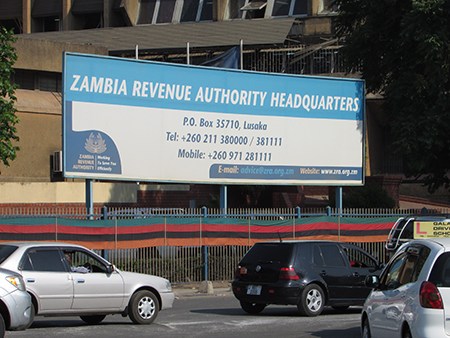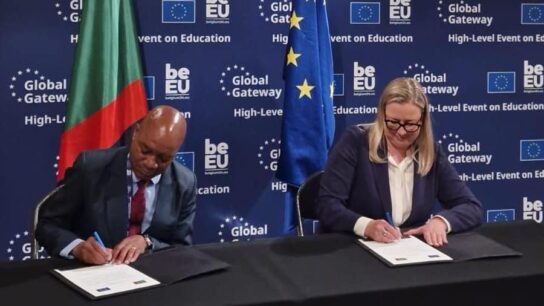• In order to leave room for the electorates to decide who to vote for on their own.
• Credibility of information is not anchored on accuracy and truthfulness alone.
• Quarterly media reports are key in addressing and fixing problems faced by the media.
Governance Elections Advocacy Research Services (GEARS) says media practitioners should remain unbiased in their reporting so as to leave room for the electorates to decide who to vote for on their own, as the country goes to the polls later this year.
Speaking during the Media Institute of Southern Africa (MISA) Zambia’s launch of the State of the Media Report 2020 Quarter four, GEARS Executive Director MacDonald Chipenzi explained that journalists and media houses must offer viewers and listeners a professional judgment and provide fair information to the public that will not express their opinion on candidates vying for governance seats.
“Credibility of information is not anchored on accuracy and truthfulness alone, but also by avoidance of journalists of association or contact which can deter public confidence in their involvement of candidates,” Mr. Chipenzi said.
Mr. Chipenzi said even though journalists and media houses have their own opinions on governance issues, they must avoid publicly identifying themselves with partisan views or actions on controversial matters as it is against their professional ethics.
“Media houses must therefore be aware of their published views and associations which can deter the public’s perception of bias to undue influence in the execution of their professional responsibility,” he said.
“Journalists, editors, producers and managers must avoid publicly identifying themselves in any way with partisan statements or actions on controversial matters.”
He further encouraged media practitioners to diligently carry out their role as a fourth estate during the pre-election, election and post-election phases.
Meanwhile, MISA Zambia says the Quarterly media reports are key in addressing and fixing problems faced by the media, adding that the Institute is engaging the Ministry of Information on the repeal of the Independent Broadcasting (IBA) Act of 2002, 2010 and 2017.
It explains that the reports have had a positive effect as evidenced by the reduction in the number of severe media freedom and freedom of expression cases from 26 in 2019 to 17 last year.







